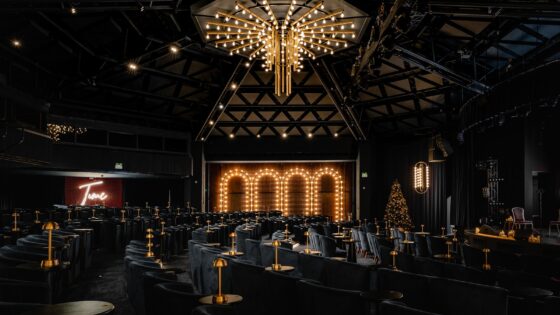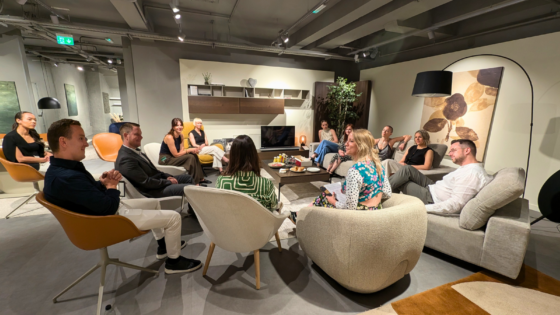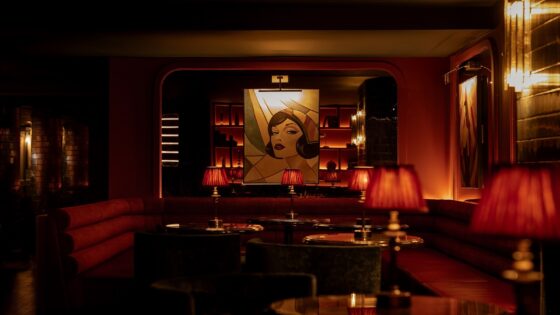Never has it been a better time for a new lighting brand with a plethora of experience and a fresh ethos to enter the international hotel design arena. Cue the launch of humanlumen…

Coronavirus has swept through the world causing a trail of destruction to everyday lives everywhere – how and where we work, live, play and learn has been reimagined on an unprecedented scale.
Wellbeing has been high on the agenda for a good few years now, and as the human race begins to emerge cautiously from lockdown, the health and safety of individuals will be even more critical.
Designers of the built environment have always built spaces for people to thrive and flourish however now it is more overt in the integration of biophilia through green walls, as well as the technology enabled tuneable lighting which can impact on the circadian rhythm of humans.
As we all begin to inhabit public spaces such as airports and hotels once again, I believe that customers will increasingly seek experiences that have their wellbeing at heart. Increased assurance that operators are adhering to the highest standards of hygiene for example and the guarantee of todays most valuable asset in the health currency right now – sleep.
Jet lag can be a debilitating condition for frequent flyers but imagine if the lighting in your hotel room could accelerate the adjustment to a new time zone?
This is how it would work: as you enter your hotel room, your key card tells the control system where you have arrived from and the lights then change to the ideal colour temperature to adjust your body to the new time zone. The lighting prescribed by the system would differ depending on where in the world you were, and where you had travelled from.
For example, if you are travelling east from London across more than eight time zones, you need to avoid morning light and actively seek out afternoon light for the first three or four days because dusk light delays the circadian clock, while morning light advances it.
There is an increasing body of evidence to suggest that the right light – at the right time – can stabilise hormonal rhythms, enhance night-time melatonin secretion, improve sleep quality, increase day-time vigilance and raise our resilience to stress.
The rule of thumb for alertness is that 30 minutes before you want to go to bed, you should minimise light exposure. But what’s the last thing most of us do before we go to bed? We stand in the most brightly lit room, the bathroom, looking into the mirror cleaning our teeth! A dial by the bathroom mirror which could change the lighting from blue-enriched to red-enriched before you go to bed, may help many of us sleep far more soundly.
Human centric lighting: benefits for hotels
The human-centric lighting system has plenty of benefits which hotels and restaurants.
Helps in Setting the Mood
The ideal lighting temperature and colour is very subjective, using HCL the lighting experience can be customised.
With the human-centric lighting system, you can easily adjust the brightness level of lights as per your every customer needs and offer a comfortable experience to everyone.
Cost-Effective
HCL is incredibly energy-efficient, light is focused around where the user is and will automatically shut off and on when sensors detect human presence around them.
Stimulating environment
HCL allows for the creation of stimulating environments for all guests, operators can design bespoke decorative and ambient settings in accordance with the mood of customers.
Increase Productivity
Conclusion: lighting has a well-documented impact on productivity, which hotel owners and staff can benefit from.
Humanlumen, which is based in Clerkenwell, is one of the brands that has taken advantage of our Industry Support Package. To keep up to date with supplier news, click here.
Main image credit: I-Stock




